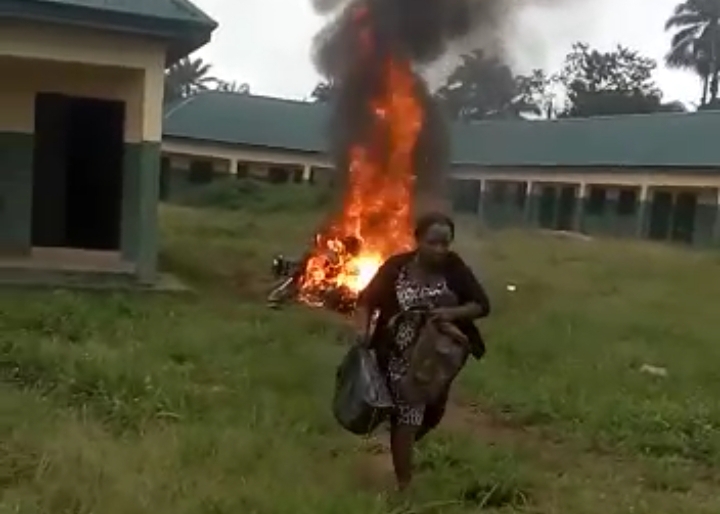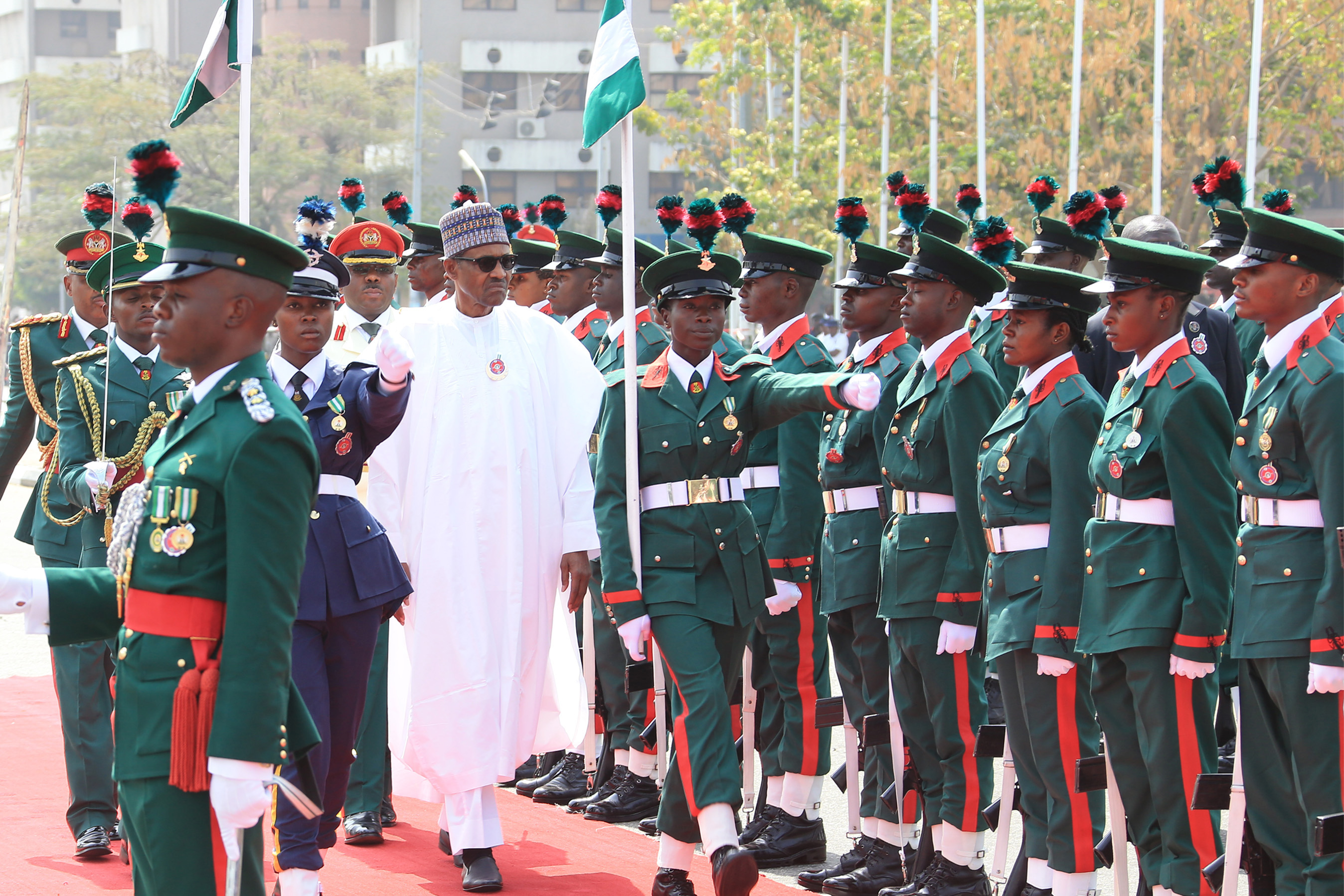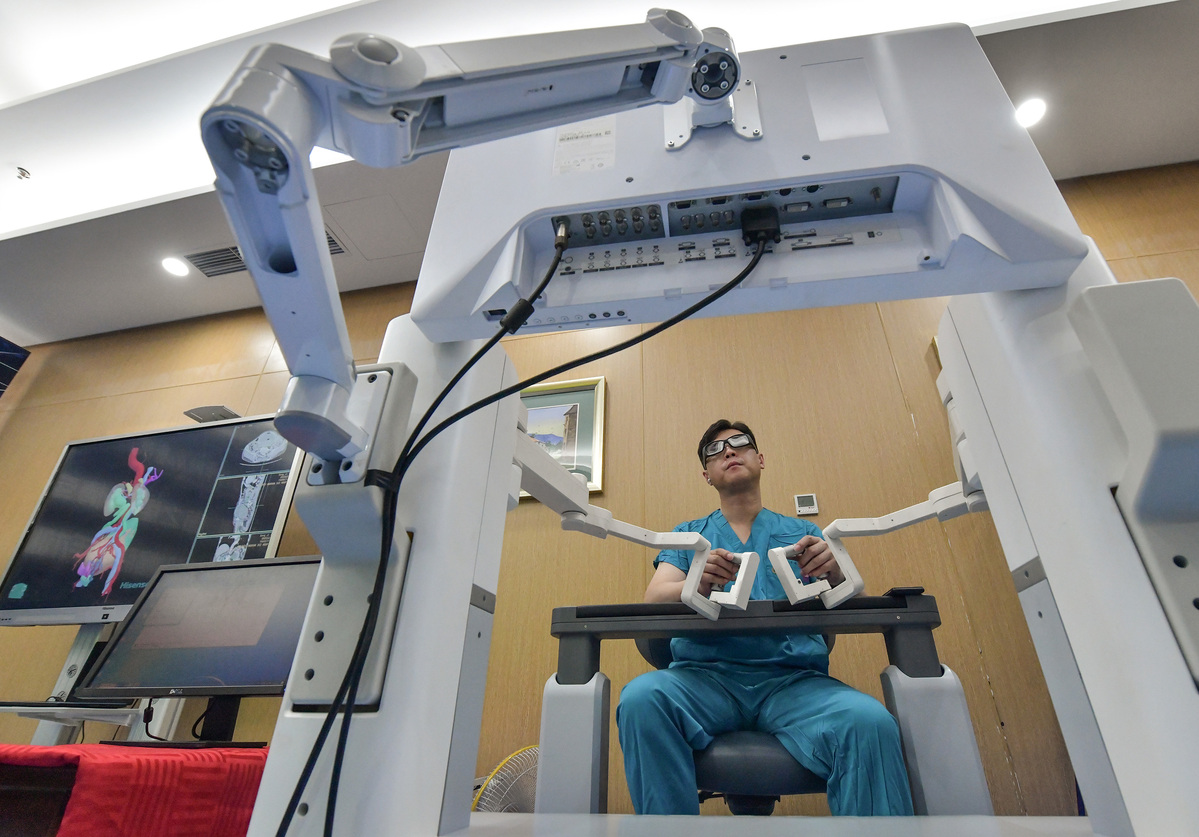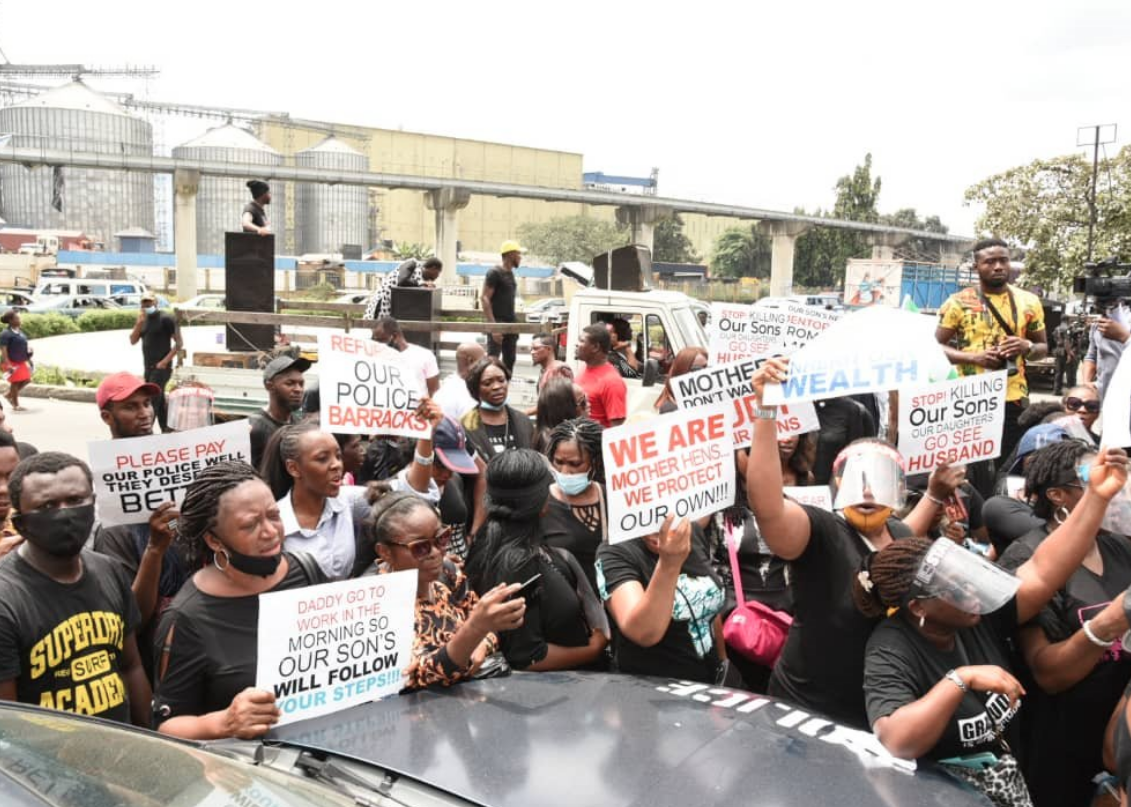Sit-at-home order: Gunmen invade Imo school, chase away students taking WASSCE
BY WEALTH DICKSON OMINABO
The dawn of every new year usually signals new vistas of hope for citizens across many nations, as citizens and leaders take out time to set resolutions and new targets for themselves and their countries.
The New Year usually puts on the lips of citizens tales of triumphs and choruses of success. These days, being alive in Nigeria is almost becoming a luxury and a thing of testimony, owing to the climate of insecurity and other development challenges in the country.
Citizens are inundated with news of sorrow and grief while death has become a daily occurrence across the country. Not necessarily because it is a cycle of life but because of the socio-economic-political challenges that beset the country which has made Nigeria a theatre of war, death and sorrow.
Advertisement
From hunger, disease, poverty, road accidents, insecurity and COVID-19, our country is transforming into a wasteland. The value of human life diminishes every day while wreath-laying has become the preoccupation of many leaders.
The Year 2021 was a challenging one for Nigeria and Nigerians as the country almost slid into a state of nihilism. The social climate was defined by negatives; from economic challenges to tales of abductions, deaths and multiple agitations around the country.
The Year 2022 has started with insecurity headlining the tabloids. Many villages in Zamfara are already taking the status of a sepulchre, even as citizens continue to pray that the angel of death will pass over their homes and their beloved ones.
Advertisement
This year, the fate of the Nigerian citizen appears dim, as security will not be a priority of the government. At the top of the list of major political leaders will be issues of politics and not governance. Security will be a matter of secondary or tertiary interest. Politics will be the new rhythm in public spheres and citizens will be compelled to listen to the cacophonies of drumbeats reverberating across the nation as the country prepares for next year’s general election.
The federal government already has on its neck the albatross of insecurity haunting it like the Ghost of Banquo. The president and his team cannot afford the luxury of acting like Macbeth, murdering sleep through indifference, complacency, political vendetta and misplacement of priority.
This is the seventh year of the eight-year mandate of this administration, therefore, the government should start the year determined to fulfil at least one of its electoral promises – security. This year should be a year of work and not faith, a year of manifestation and not hope, a year of action and not plan.
Government should make security its priority this year and mobilise its team as well as citizens to achieve the security that will redound to peace and unity across the country.
Advertisement
Too many times peace in Nigeria is pursued from the narrow lens of physical security or kinetic approach. This leaves policymakers and state actors obsessed with the quest of maintaining law and order with the assumption that law and order will guarantee peace while ignoring the root causes of conflict and insecurity.
Any society desirous of building sustainable peace and unity should differentiate between negative and positive peace. In Nigeria, the emphasis is always on the former and this is why peace has been scarce in our land. The coercive power of the law can maintain law and order in a society but it cannot guarantee peace and unity.
Achieving peace therefore must be intentional, deliberate and sustained. Peacebuilding is not an event, it is a deliberate, sustained and committed effort of stakeholders. It is the implementation of actions and programmes that will address deep-rooted grievances that occupy the hearts of citizens. It is about finding lasting solutions to the challenge of lack of access to justice and injustice. It is guaranteeing the rights of citizens no matter the inconvenience it imposes on those in power, it is about fairness, equality and justice.
Attaining peace in the context of Nigeria this year calls for the review of government action and priorities; initiating and implementing programmes that will holistically address hunger, poverty, illiteracy and justice.
Advertisement
This is necessary because of the fogginess of the wars in Nigeria today. The theatres of war are no longer confined to delimited boundaries, the theatres of war are in the fields, in our houses, in our religious centres, in our markets, in our hearts, in our minds and everywhere around us.
Therefore our leaders need to put on the whole armour of peace in their engagements with citizens. This implies the triumph of the rule of law over the might of the privileged, dethronement of nepotism, tribalism and ethnicity in spheres of governance and the willingness to work towards the flourishing of the freedoms of fears and wants across the country.
Advertisement
Ominabo is the communications officer at Goodluck Jonathan Foundation
Advertisement
Views expressed by contributors are strictly personal and not of TheCable.
Add a comment






